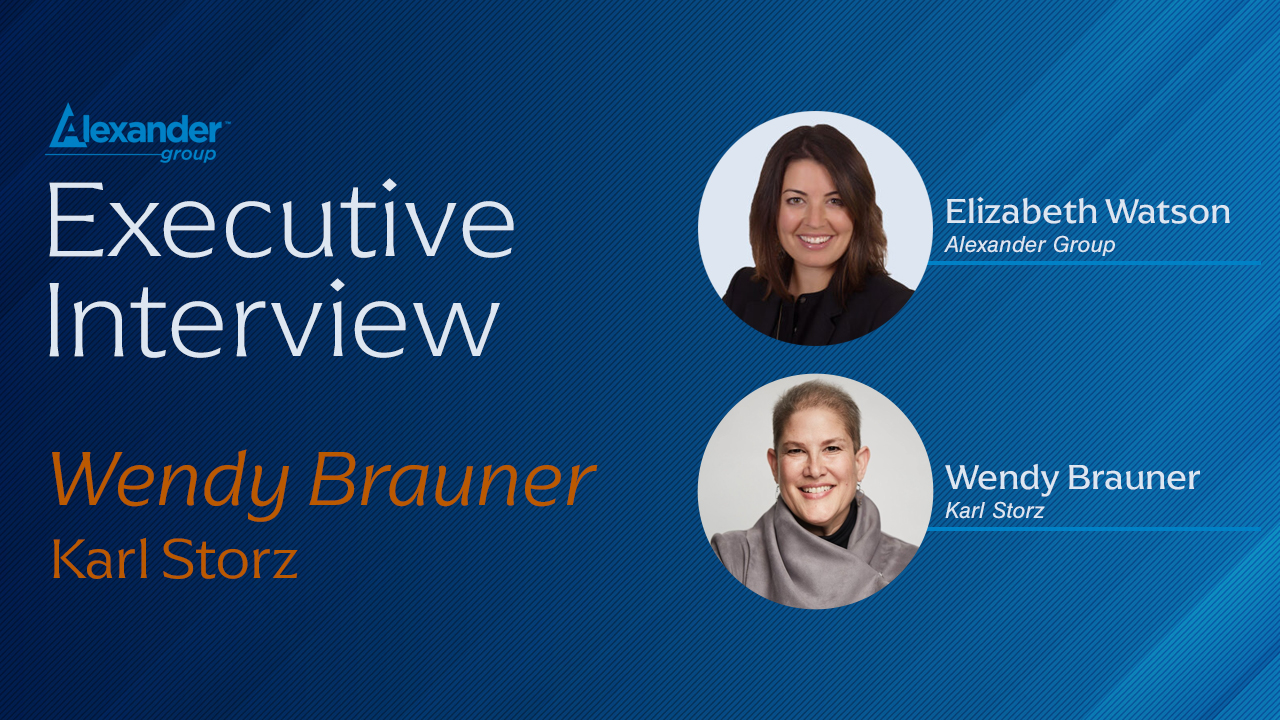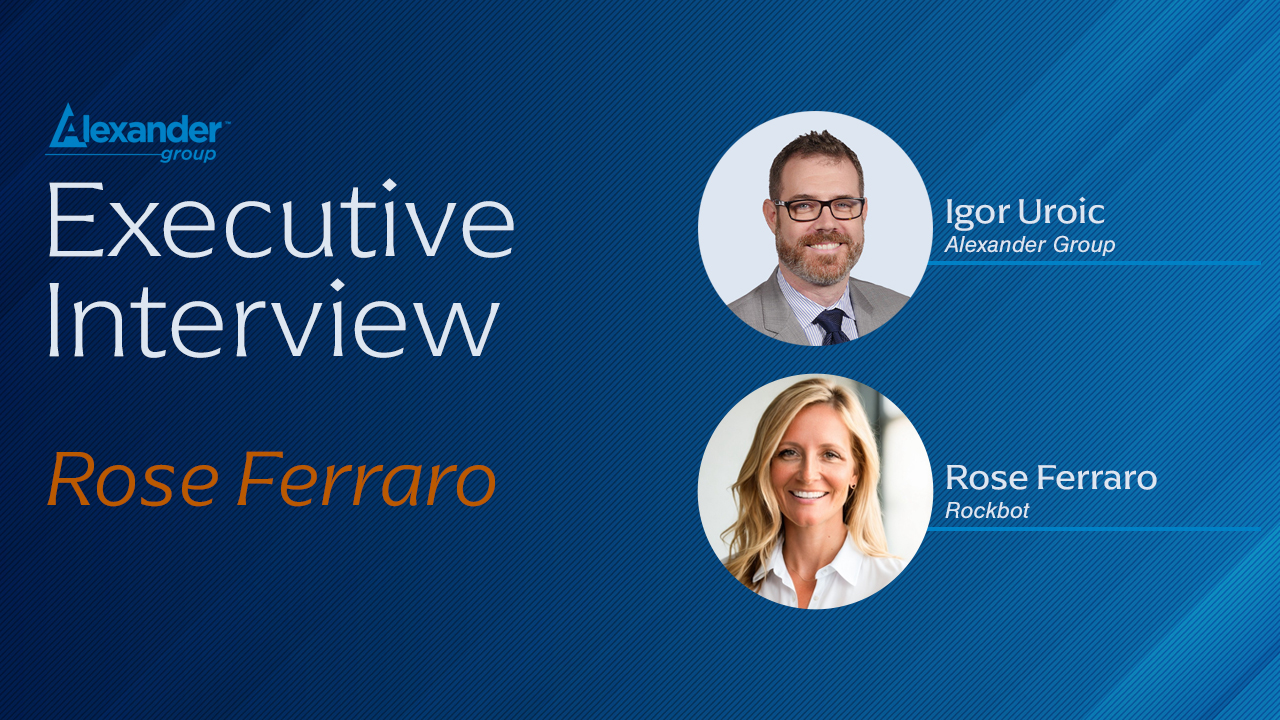Explore Our Insights
-

Digital Health: Navigating the Future with Go-to-Market Trends for 2025
-

Business Services: 2025 Commercial Trends for B2B Services
-

Healthcare: Leading with Purpose – Executive Interview with Wendy Brauner, KARL STORZ
-

Media & Consumer Technology: Edge of Innovation – Executive Interview with Rose Ferraro, Rockbot
-

Life Sciences: The Evolving Role of Sales Account Managers
-

Private Equity: 2025 Go-to-Market Predictions
-

Manufacturing: Transforming Marketing to Improve Revenue Growth
-

Technology: Your Top Sales Compensation Questions, Answered
-

Healthcare: Insights from a Chief Medical Officer – Challenges with the Outpatient Transition
-

Artificial Intelligence in the Go-to-Market Organization
-

Technology Podcast Episode: Best Practices and Latest Trends for Renewals for XaaS Companies
-

Manufacturing & Distribution: Driving Growth and Efficiency – Key Marketing Strategies for 2024
-

Healthcare: Insights from a Chief Medical Officer – Top Priorities Heading into 2025
-

Business Services: Optimizing Coverage and Roles for Profitable Growth in B2B Service Providers
-

Private Equity: Go-to-Market Value Realization
-

Technology: Navigating GTM Annual Planning Stumbling Blocks

Alexander Group has helped thousands of clients.
Our expert leaders assess, align, design and implement powerful sale compensation programs. Alexander Group has helped organizations realize the full benefits of effective sales compensation programs to attract, retain and reward best-in-class sales talent to profitably grow the business. We can help with all elements of your sales compensation program. Contact us today.